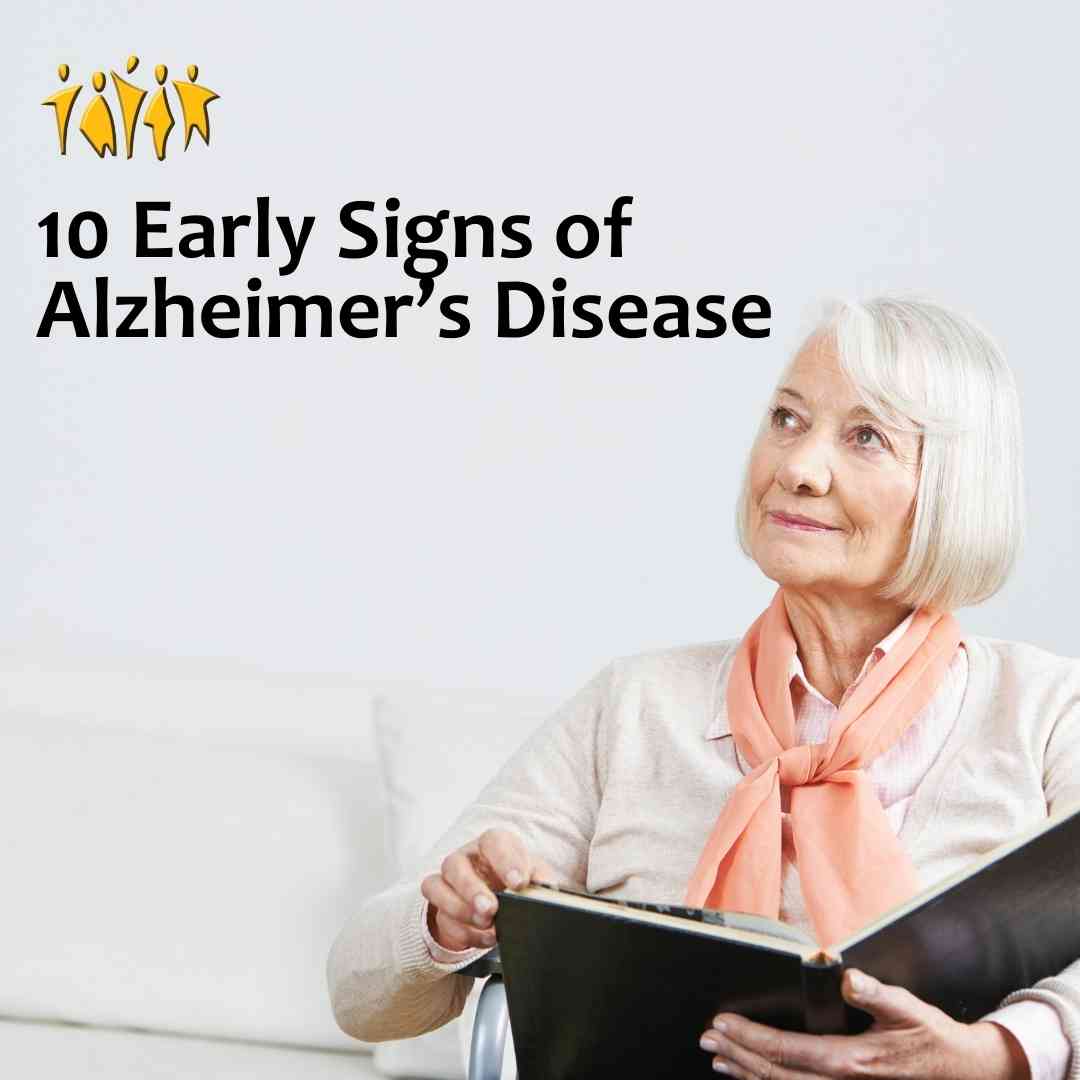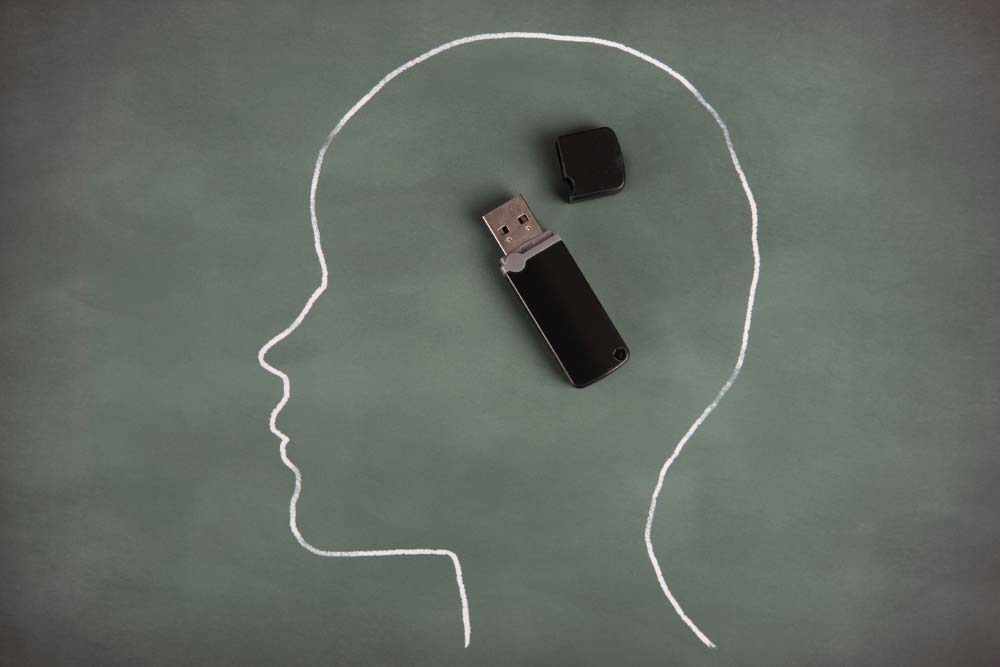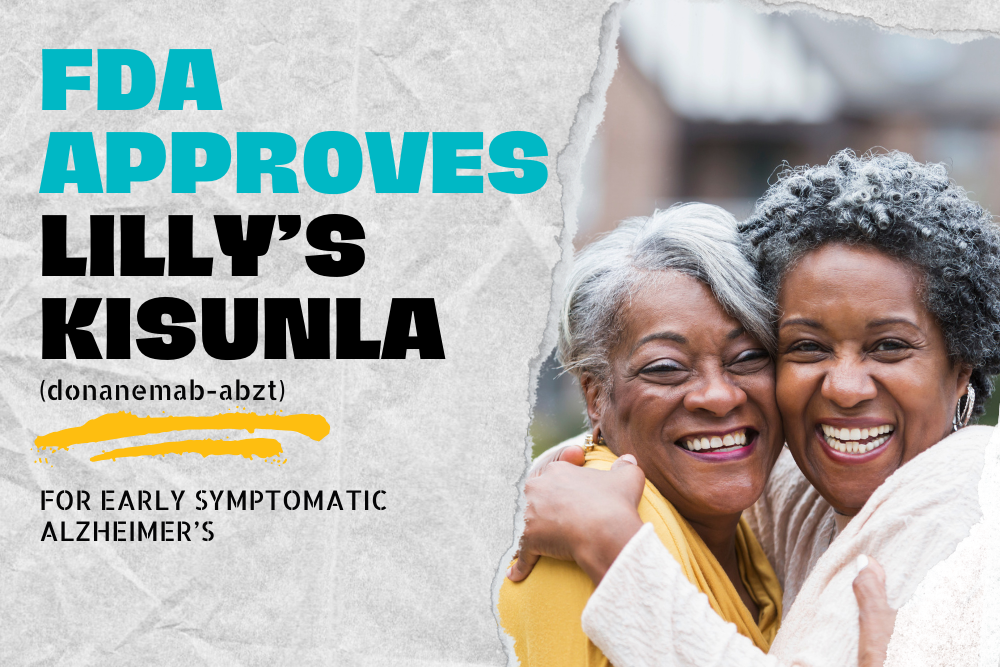Alzheimer’s Disease is devastating. An estimated 6.2 million Americans age 65 and older are living with Alzheimer’s dementia in 2021. Alzheimer’s is a brain disease that causes a slow memory decline. It can also affect your thinking, problem-solving, and reasoning skills. There are ten signs that you or a loved one may be experiencing early stages of Alzheimer’s Disease. If any of these signs persist, you should schedule an appointment with your doctor and come in for a free memory screening at Jacksonville Center for Clinical Research (JCCR).
1.Memory Loss that Disrupts Daily Life
A critical factor in spotting Alzheimer’s Disease’s early stages is noticing the memory loss of recently learned information. The memory loss examples include forgetting dates and events and asking the same questions multiple times.
2. Difficulty Completing Normal, Daily Tasks
It can be difficult for a person in the early stages of Alzheimer’s to complete daily tasks. For example, they may find it difficult to find familiar locations or do simple things such as making a grocery list or remembering the rules to a favorite game.
3. Trouble with Planning or Problem Solving
It can sometimes become difficult for those with Alzheimer’s to work with numbers. Tasks such as paying bills may get swept under the rug or have excessive errors. They also have difficulty planning things as simple as everyday errands.
4. Confused about the Current Time or Place
Alzheimer’s Disease can cause confusion and result in anxiety or panic. Frequently, they can forget where they are or how they got there.
5. Trouble with Vision and Depth Perception
Alzheimer’s Disease and vision issues can go hand-in-hand. For example, they may show difficulty reading, balancing, or distinguishing the depth and color of objects.
6. Difficulty Pronouncing Words or Writing
It can be difficult for someone with Alzheimer’s to join a conversation. They may stumble on their words. They may have trouble remembering names and often repeat themselves.
7. Losing Important Items Often
Everyone loses their keys, remote, or wallet every once in a while. However, someone suffering from the early stages of Alzheimer’s may often lose these things or put them in strange places. For example, they are putting their keys in the fridge.
8. Poor Judgement
Someone who has Alzheimer’s Disease may have poor judgment. Examples of this can be poor hygiene, trouble dealing with money, or acting irrationally.
9. Becoming Socially Distant
It can become difficult for people with Alzheimer’s to work or interact socially. You may notice them pulling away from normal social activities. They may start to have trouble keeping up with their favorite activity.
10. Mood Swings
Suffering from Alzheimer’s Disease can be extremely frustrating. It is common to experience sudden mood changes and sometimes act irrationally. They can quickly become confused, suspicious, depressed, or even fearful.
It is important to remember that we can have a natural decline in cognitive ability as we age. However, when that decline disrupts daily life, it is time to see a doctor for a memory screening.
Thankfully, there have been many breakthroughs in memory research, although there is still no cure for Alzheimer’s. Clinical trial studies are the only way to continue to learn about this disease in hopes of and finding a cure. If you or a loved one is currently experiencing any of these early symptoms of Alzheimer’s Disease, we encourage you to get a memory screening. ENCORE Research Group offers free memory screenings at our Jacksonville Center for Clinical Research location and has several studies enrolling for Alzheimer’s Disease.
For more information, visit encoredocs.com or call 904-730-0166.









